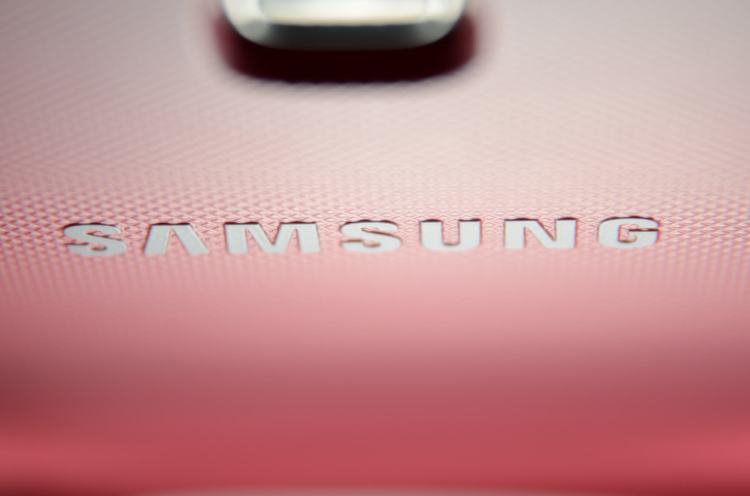Watch all the Transform 2020 sessions on-demand here.
Bixby, announced this week and scheduled to make its debut on March 29, is Samsung’s new intelligent assistant. The service is expected to be inside the Galaxy S8 at launch and to eventually be included with all Samsung appliances.
Samsung is setting high expectations for Bixby. That’s a risky move, as anyone who has spent time interacting with bots — even the likes of Alexa or Google Assistant — knows that things go wrong, and that setting realistic expectations for a bot or intelligent assistant can be tricky business.
But Bixby is fundamentally different from other intelligent assistants, Samsung claims, in part because of its completeness.
“When an application becomes Bixby-enabled, Bixby will be able to support almost every task that the application is capable of performing using the conventional interface,” Samsung said in a press release Monday. “Most existing agents currently support only a few selected tasks for an application and therefore confuse users about what works or what doesn’t work by voice command.”
June 5th: The AI Audit in NYC
Join us next week in NYC to engage with top executive leaders, delving into strategies for auditing AI models to ensure fairness, optimal performance, and ethical compliance across diverse organizations. Secure your attendance for this exclusive invite-only event.
Bixby is also different, Samsung says, because it’s able to understand a user’s needs even if they provide incomplete information.
Samsung further promises that anytime a Galaxy S8 user is inside a Bixby-enabled app, the assistant will be able to “understand the current context and state of the application” and will allow users to carry out the work in progress without interruption. If given incomplete information, Bixby will still try to complete the task and will ask if it needs additional information to do so.
In his analysis of the rollout of intelligent assistants that precede Bixby, Andreessen Horowitz partner Benedict Evans cites overstated promises from Apple and the management of expectations by Amazon, or at least the lack of hype from Amazon, as fundamental to how the two were received by consumers. It didn’t take consumers very long to find out how far those expectations were from reality, and unmet expectations led to low opinions of Siri.
Bixby does have one wild card that may end up having a lot to do with how people will feel about it.
Created by some of the same team that made Apple’s Siri, intelligent assistant Viv was acquired by Samsung for $215 million last fall. Its presentation at TechCrunch Disrupt last year may very well be one of the events that got people so excited about the future of intelligent assistants and bots in 2016.
Sure, Viv can make hotel bookings and order food (this blew people’s minds a year ago), but we don’t know yet how big a role Viv will play in Bixby, or what else it will be able to do.
Another outstanding element: Samsung plans to launch a software development kit in the future that will allow third parties to bring their services to Bixby. And if Samsung is following Viv’s earlier message, making an intelligent assistant smart is in large part reliant upon engaging a community of developers.
While Amazon has take steps to make Alexa better, the assistant’s smarts and functionality are due in large part to its ecosystem of more than 10,000 skills — skills made by cities, businesses, tinkerers, and tens of thousands of developers, according to Amazon.
That said, Samsung’s promises to redefine human-machine interaction and create something fundamentally different from competitors make it more likely that Bixby will follow Siri’s route than Alexa’s.
And given the bad news that has plagued Samsung over the past six months — the exploding Galaxy Note 7, exploding washing machines, and the arrest of heir and de facto leader Lee Jae-yong — the company should avoid disappointing its customers at all costs. Far better to underpromise and overdeliver.
If Bixby is to be integrated into all of Samsung appliances and it falls short of expectations, there’s a lot more at stake than gaining ground in the intelligent assistant wars or picking up smartphone market share.


